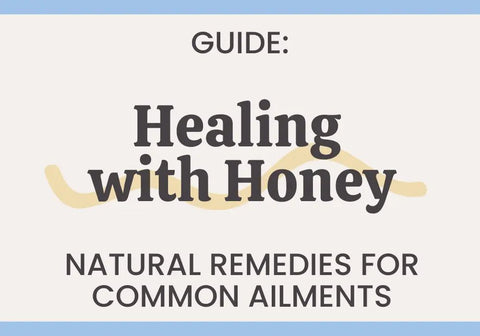Honey is a natural sweetener enjoyed by many, but not all honey is created equal. Understanding the differences between raw and processed honey can help you make informed choices about which type to use in your diet and wellness routine.
What is Raw Honey?
Raw honey is honey in its purest form, straight from the hive. It undergoes minimal processing to retain its natural enzymes, antioxidants, and nutrients. Here are some key characteristics:
- Minimal Processing: Raw honey is typically strained but not filtered, meaning it retains bee pollen, propolis, and small wax particles.
- Nutrient-Rich: It contains vitamins, minerals, and beneficial enzymes that contribute to its health benefits.
- Natural Taste: Raw honey has a richer, more complex flavor due to its natural components.
What is Processed Honey?
Processed honey, also known as commercial or regular honey, undergoes more extensive processing to improve its appearance and shelf life. This processing can include:
- Filtration: Removes impurities and pollen, resulting in a clearer liquid.
- Pasteurization: Involves heating honey to kill yeast and prevent fermentation, which extends shelf life but can destroy beneficial enzymes.
- Uniformity: Processed honey is often blended to create a consistent taste and texture.
Key Differences Between Raw and Processed Honey
- Nutritional Content: Raw honey retains more nutrients and antioxidants than processed honey.
- Flavor: Raw honey offers a more varied and complex flavor profile compared to the often uniform taste of processed honey.
- Texture: Raw honey can be thicker and more opaque due to retained pollen and wax, while processed honey is typically clearer and more fluid.
- Health Benefits: Raw honey is believed to have more health benefits due to its preserved natural compounds.
Which Should You Choose?
The choice between raw and processed honey depends on your preferences and needs:
- For Nutritional Benefits: Choose raw honey for its higher nutrient content and potential health benefits.
- For Consistency and Shelf Life: Processed honey may be more suitable if you prefer a consistent taste and longer shelf life.
By understanding the differences between raw and processed honey, you can make the best choice for your dietary and wellness needs.
For more insights into the benefits of raw honey, check out our post on What is Raw Unfiltered Honey?.















